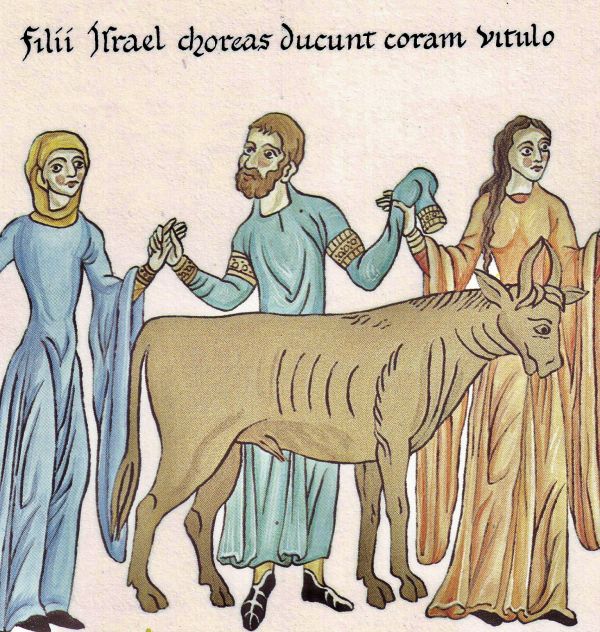Jesus suggests avoiding hypocrisy in prayer, the theatricality of appearance, loving and praying in the secret known to the Father.
Francis and Clare loved prayer, hidden contemplation, in a special way.
In the Second Life, compiled by Celano, we find a passage that speaks volumes about Francis' discreet relationship with God, always ready to scrupulously hide the King's secrets.
"He always sought a secluded place, where he could unite himself not only with his spirit, but with his individual members, to his God.
And if he suddenly felt visited by the Lord, so as not to be without a cell, he made himself a little one with his cloak.
And if at times he lacked this, he covered his face with his sleeve, so as not to reveal the hidden manna.
He always placed something between himself and the onlookers, so that they would not notice the contact of the bridegroom; thus he could pray unseen even if crammed among a thousand, as in the corner of a ship.
Finally, if none of this was possible for him, he made a temple of his breast.
Absorbed in God and oblivious of himself, he neither groaned nor coughed, his breathing was breathless and every other external sign disappeared" (FF 681).
Wonderful discretion, lover of concealment.
Francis and Clare were the lovers of holy prayer, fasting and almsgiving, adhering to these practices in the deepest and highest sense.
The Sources are illuminating about the evangelical journey of these two giants of the contemplative and apostolic life.
We read in the Rule of Clare
"The sisters to whom the Lord has given the grace of working, let them work, after the third hour, applying themselves to worthy works of common use, with fidelity and devotion, in such a way that, having banished idleness, the enemy of the soul, they do not extinguish the Spirit of holy prayer and devotion, to which all other temporal things must serve" (FF 2792).
And again in her Testament:
"I pray that she who will be in charge of the sisters [...] will see to it that she provides for each one in her needs with those alms which the Lord will send" (FF 2848).
Francis himself showed discreet attention to all this:
"I have never been a thief. I would like to say that of the alms, which are the inheritance of the poor, I have always taken less than I needed, so as not to spoil the share due to other poor people. 'To do otherwise would be to steal' (FF 1670).
Moreover, in other circumstances we know that "guided by the Holy Spirit, he went up a mountain with two companions and there, fasting on bread and water, dictated the Rule, according to what the divine Spirit suggested to him during prayer" (FF 1084).
«But when you pray, go into your room and shut your door [Is 26:20; 2 Kings 4:33] and pray to your Father who is in secret» (Mt 6:6).
Wednesday of the 11th wk. in O.T. (Mt 6,1-6.16-18)












